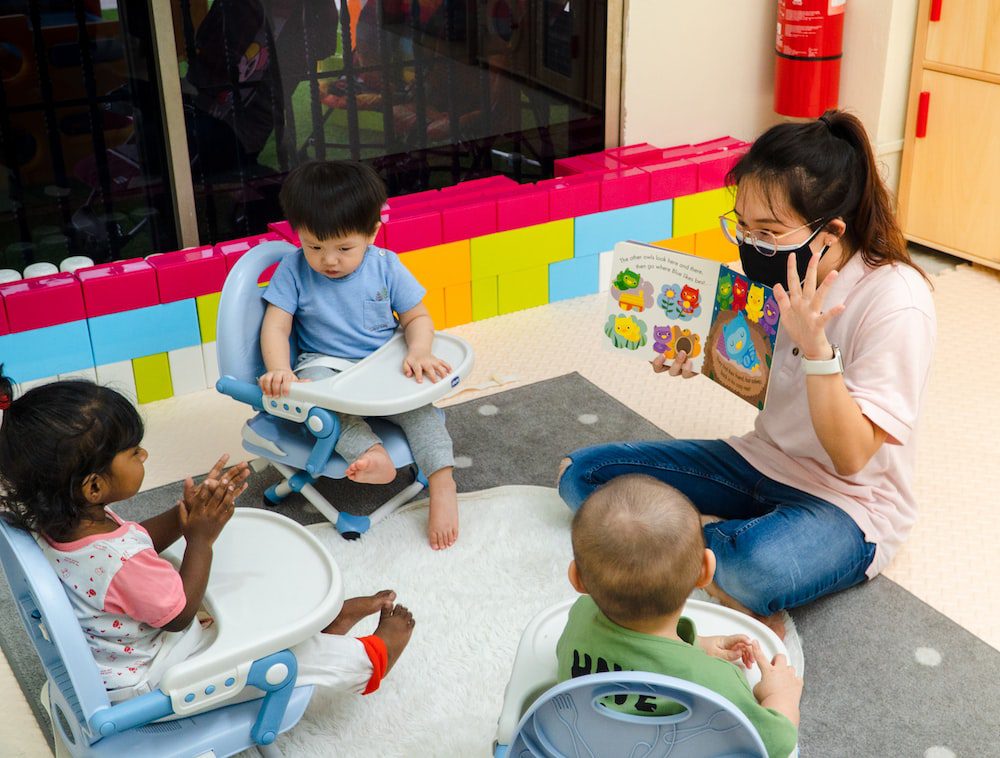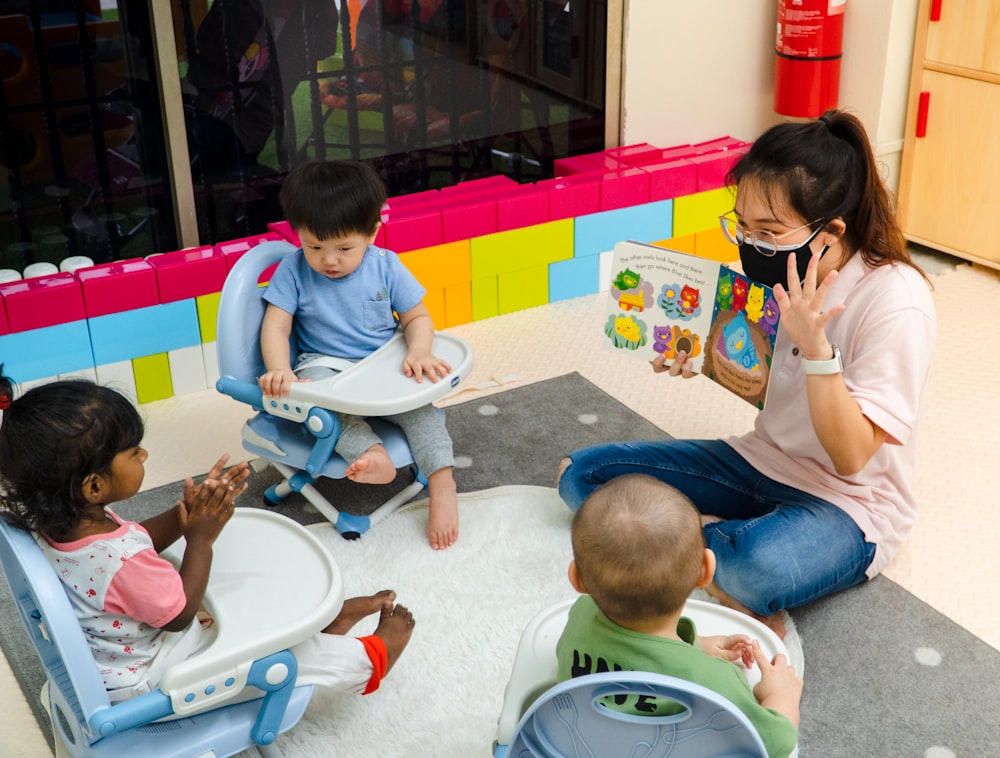Image Source: Unsplash
As a parent, you want your child to succeed in every aspect of life, and writing is no exception. Writing is an essential skill that every child needs to learn, and the earlier they develop this skill, the better. Kindergarten children are at a crucial stage in their writing development, and as a parent, you play a vital role in nurturing their writing skills. However, getting your child to write can be challenging, especially if they find it dull and uninteresting. But, it doesn’t have to be that way. In this article, I’ll share tips on how to make writing fun and engaging for your kindergarten child.
The Importance of Writing for Kindergarten Children
Writing is a fundamental skill that is necessary for effective communication. It enables children to express themselves, share their thoughts, and connect with others. For kindergarten children, writing helps them develop their fine motor skills, hand-eye coordination, and cognitive abilities. It also lays the foundation for future academic success as writing is an essential aspect of learning in school.
As a parent, you can help your child develop their writing skills by making writing a part of their daily routine. Encourage them to write short sentences, stories, or even letters to family and friends. Show them how writing can be fun and engaging, and they will be more likely to enjoy and embrace it.
Tips for Making Writing Fun for Your Child
One of the ways to make writing fun for your child is to incorporate it into their playtime activities. For instance, you can turn writing into a game by playing “I Spy” with letters or words. You can also make up silly stories or poems with your child, taking turns to add to the story or poem.
Another tip is to provide your child with a variety of writing materials. Let them experiment with different writing tools such as crayons, markers, and colored pencils. You can also provide them with different types of paper, such as construction paper or lined paper, to make writing more exciting.
Additionally, you can make writing a social activity by involving your child’s friends or siblings. Organize a writing contest or a writing club where children can share their work and support each other. You can also encourage your child to write letters or cards to family and friends, which will give them a sense of accomplishment and purpose.
Creative Writing Prompts for Kindergarten Children
Creative writing prompts can be an excellent way to spark your child’s imagination and get them excited about writing. Here are a few ideas to get you started:
- Write a story about your favorite toy.
- Describe your perfect day at the beach.
- Write a letter to your favorite book character.
- Imagine you are a superhero. What would your powers be, and how would you use them?
- Write a story about a magical creature you’ve created.
Remember to keep the prompts age-appropriate and simple enough for your child to understand.
Incorporating Storytelling into Writing Activities
Storytelling is an excellent way to make writing more engaging for your child. You can start by reading stories to your child and asking them to retell the story in their own words. You can also encourage your child to make up their own stories and act them out with puppets or toys.
Another idea is to create a storytelling jar. Write different story elements, such as characters, settings, and problems, on slips of paper and put them in a jar. Your child can choose a few slips of paper and use them to create their own story.
Using Technology to Enhance Writing Experiences
Technology can be a useful tool to enhance your child’s writing experiences. There are many educational apps and websites that can help your child develop their writing skills. For example, there are apps that teach handwriting, spelling, and grammar. There are also websites that offer creative writing prompts and activities.
However, it’s important to limit your child’s screen time and ensure that they are using age-appropriate and safe websites and apps.
Collaborative Writing Activities for Parents and Children
Collaborative writing activities can be a fun way to bond with your child while improving their writing skills. Here are a few ideas:
- Write a story together, taking turns to add to the story.
- Create a comic strip or graphic novel together.
- Write a recipe together and cook the dish.
- Write a thank you note or letter together.
- Write a song or poem together.
Collaborative writing activities not only improve writing skills but also encourage teamwork, communication, and creativity.
The Benefits of Practicing Writing Skills at Home
There are numerous benefits to practicing writing skills at home. It helps your child develop their creativity, imagination, and critical thinking skills. It also helps them develop their communication skills and express themselves more effectively.
Additionally, practicing writing skills at home can help your child feel more confident in their abilities, which can translate to improved academic performance and overall success in life.
Resources for Parents to Support Their Child’s Writing Development
There are many resources available to help parents support their child’s writing development. Here are a few:
- Handwriting Without Tears: This program provides a multi-sensory approach to handwriting that is designed for young children.
- Reading Rockets: This website offers a wealth of resources for parents, including tips for supporting writing development.
- Scholastic: Scholastic offers a variety of writing resources, including writing prompts and activities.
- National Writing Project: The National Writing Project offers resources and professional development for teachers and parents to support writing development.
Overcoming Writing Challenges for Kindergarten Children
Writing challenges are common among kindergarten children, but there are ways to overcome them. Here are a few tips:
- Start small: Encourage your child to write short sentences or phrases to build their confidence.
- Provide support: Offer your child guidance and support, but avoid doing the work for them.
- Make it fun: Incorporate games, stories, and other fun activities to make writing more engaging.
- Celebrate their progress: Celebrate your child’s achievements, no matter how small.
Conclusion
Developing writing skills is an important aspect of your child’s development, and as a parent, you play a vital role in nurturing those skills. By making writing fun and engaging, you can help your child develop their creativity, imagination, and communication skills. Use the tips and resources provided in this article to help your child unlock the fun in writing and set them on the path to academic success.




Pingback: A Level Tuition Made Easy: Tips and Tricks to Help You Excel | Sophia Education